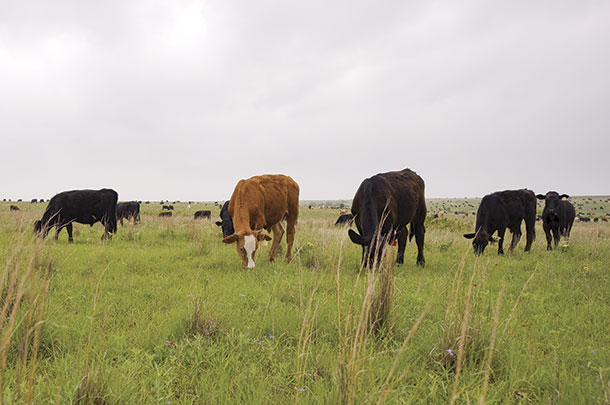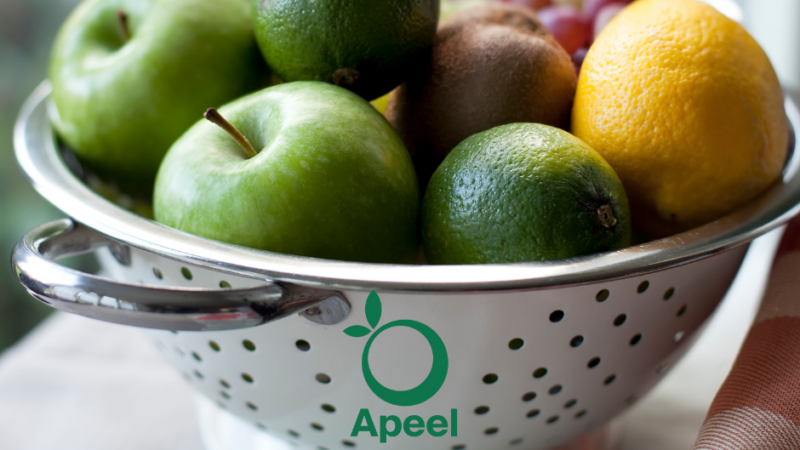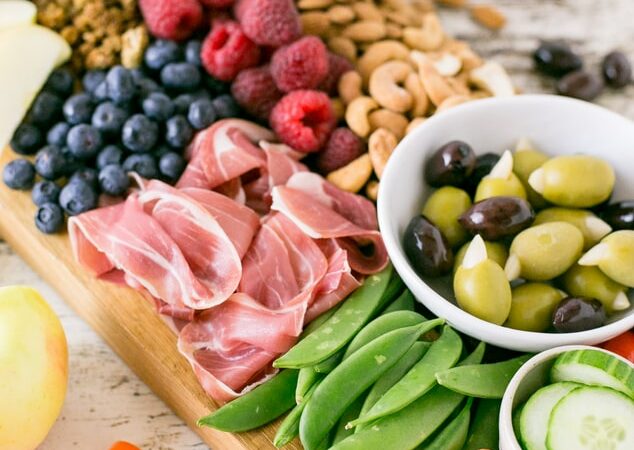Help Make a Difference in Health and the Ecology By Supporting Holistic Land Management

We hear frequently in the media that “meat is destroying the planet” by creating too much C02 in the atmosphere. But what if traditional, holistic land management using livestock was an effective way to address ecological degradation and solve these problems?
One-third of the earth’s surface is grasslands. 70 percent of the earth’s grasslands have been degraded due to modern practices that have caused desertification and harmed our ecology. Holistic Land Management accomplishes something significant; it sequesters carbon and methane back into the soil where it belongs and lowers the CO2 in the atmosphere to create a drought-tolerant environment. When the soil holds more water, we see regeneration and thriving ecologies come to life. “The moisture is held longer in the soil, so the crops can grow for a longer period of time,” states Simon Garikayi, ACHM’s director of training (Africa Centre for Holistic Management in Zimbabwe). As for food, “they have a bit of reserves.”
How does Holistic Land Management work?
Allan Savory, founder of the Savory Institute describes a process whereby livestock behavior is managed mimic wild herbivores that roamed the plains such as buffalos and antelope. These animals natural nibbling of grasses promotes growth of these plants while their waste provides nutrients to the soil. Then they trample action aerates soil and compresses dead plant matter which is decomposes by microorganisms into the soil. There is no over grazing because the animals are rotated to different areas, similar to the natural movement of these wild animal herds. Plant cover isn’t damaged and has ample time to regenerate. Read more from Utne and Regenerating Grasslands.
Historically, animals have grazed on, fertilized and restored the soil and ecosystems. Animals and plants cannot exist without one another and Savory applies this knowledge putting practical experience to work in locations all over the world. The farmers who use holistic land management know and understand the essential, symbiotic relationship that has been observed and studied by stewards of the earth such Savory, historian and continuing student of land stewardship.
Health benefits
Supporting farmers that use traditional practices that keep and rotate animals on pasture and range land, and who strive to adhere to the principles of holistic land management such as those taught by Savory Institute is not only essential to maintaining these farmers’ efforts in preserving the land and environment, it is also preserving of human health. Nutritionally-balanced animal foods that contain the correct balance of Omega 3 essential fatty acids, CLA (conjugated linoleic acid), and fat-soluble Vitamins A and E are critical for:
- Cancer and diabetes-reducing
- Supporting every cell and system in the body
- Heart-friendly, supportive of cardiovascular health
- Brain health. Omega 3s help deter conditions including ADD/ADHD, Alzheimer’s Diease, depression and schizophrenia
Animals raised on industrially-confined facilities produce not only less-than optimal food from unhealthy animals, but confer those properties to those consuming them. Feedlot animal and bird products are nutritionally imbalanced with lower levels of Omega 3s, Vitamin E, and CLA and also contain residue from antibiotics, hormones, pesticide, herbicide and genetically-modified feed given to the animals (soy, corn, grain and other inappropriate feed including potato, bakery, and food starch waste, candy, and also animal by-products). Conventionally-raised meat is more likely to contain pathogenic bacteria such as E. coli and other antibiotic-resistant strains including MRSA.
Read more about the nutritional benefits of grassfed beef and pasture-raised dairy and poultry foods from Eat Wild and The Fern.
Support local farmers who raise animals and birds on pasture. Ask producers questions about whether antibiotics, hormones, or genetically-modified feed are used. Pasture-raising with minimal grain is optimal for cattle and other livestock. Chickens and turkeys are omnivores whose natural diet includes grains and vegetables, grasses, and roaming the land, hunting and pecking insects and small creatures such as mice.
Please donate to help keep these efforts going. For more information, visit Savory Institute.






